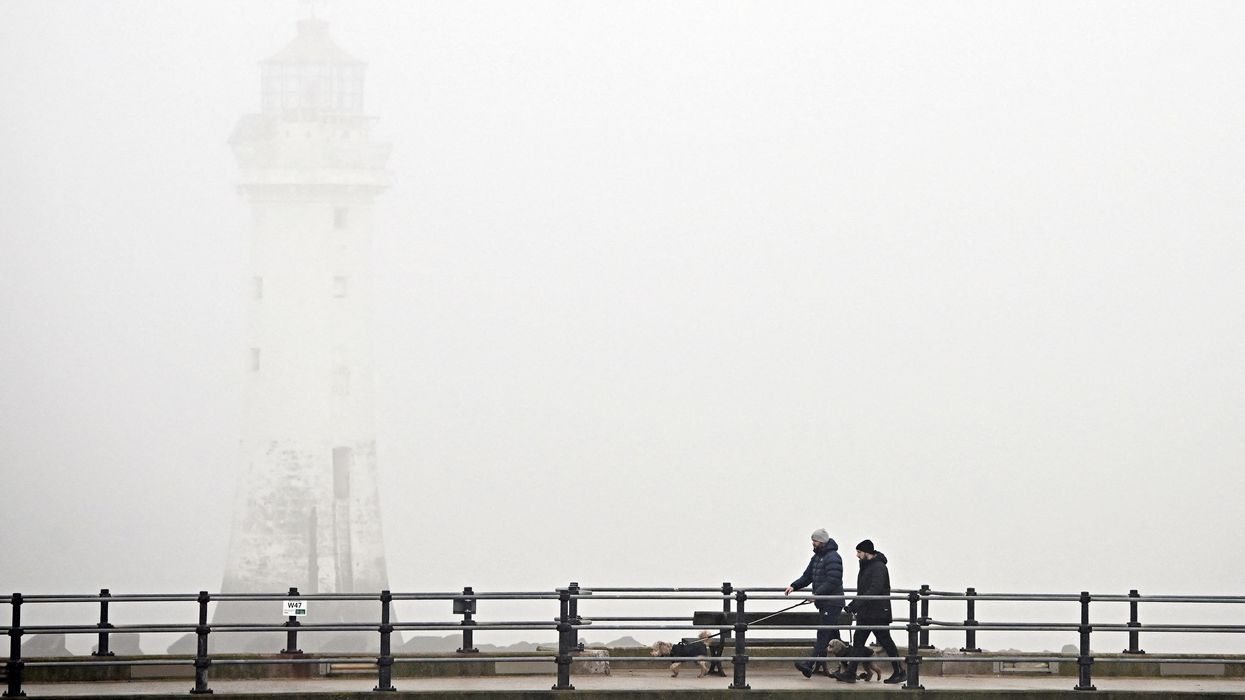A deadly virus carried by fruit bats has killed at least five people in southern India and more than 90 people are in quarantine, a top health official said on Tuesday (22).
Other deaths are suspected to have been caused by Nipah virus and authorities have ordered emergency measures to control the outbreak.
"We can confirm that five people have died from the Nipah virus," Kerala state health surveillance officer K.J. Reena told AFP.
Media reports said 10 people had died but officials told AFP final tests had not been completed on other suspicious deaths.
Nine people have been admitted to hospital with symptoms resembling the virus, which the World Health Organization says is fatal in 70 percent of cases, Reena added.
One of the nine has tested positive for Nipah.
"We also traced 94 people who had come in contact with the ones who died and they have been quarantined as a precaution," Reena added.
There is no vaccination for Nipah, which has killed more than 260 people in Malaysia, Bangladesh and India in outbreaks since 1998.
The WHO has named Nipah as one of the eight priority diseases that could cause an epidemic, alongside Ebola and Zika.
The virus induces flu-like symptoms that lead to an agonising encephalitis and coma.
Three members of the same family are among the fatalities. Dead bats were found in a well of the family's house in Kozhikode district, previously known as Calicut.
- Heroic nurse -
A nursing assistant who died after treating Nipah patients has been hailed as a hero by authorities.
Mother-of-two Lini Puthussery was cremated even before her family members could bid a final goodbye because of fears the virus could spread.
In a final note she scribbled in a hospital isolation unit, Puthussery urged her husband to take care of the children.
"I don't think I will be able to see you again. Sorry. Please take care of our children," she said.
Kerala state Chief Minister Pinarayi Vijayan said that Puthussery's "selfless service will be remembered".
Health authorities across the state were on high alert, setting up medical camps and a control room to tackle the emerging situation.
U.V. Jose, district collector of Kozhikode, said all government and private hospitals were working in close coordination.
"Health staff are visiting individual households giving them specific instructions including about eating fruits from outside and other precautions," he told AFP.
The neighbouring state of Tamil Nadu has stepped up surveillance in border districts fearing the spread of Nipah.
Nipah was first identified in Malaysia in 1998. It spread to Singapore and more than 100 people were killed in both places. On that occasion, pigs were the virus hosts but they are believed to have caught it from bats.
In India the disease was first reported in 2001 and again six years later, with the two outbreaks claiming 50 lives.
Both times the disease was reported in areas of the eastern state of West Bengal bordering Bangladesh.
Bangladesh has borne the brunt of the disease in recent years, with more than 100 people dying of Nipah since a first outbreak was reported in 2001. In 2004, humans became infected with Nipah after eating date palm sap that had been contaminated by fruit bats.



















 Inaugration Ceremony of International Yoga Day 2025Parmarth Niketan
Inaugration Ceremony of International Yoga Day 2025Parmarth Niketan Sacred Ganga Aarti ceremony on the banks of the holy GangesParmarth Niketan
Sacred Ganga Aarti ceremony on the banks of the holy GangesParmarth Niketan